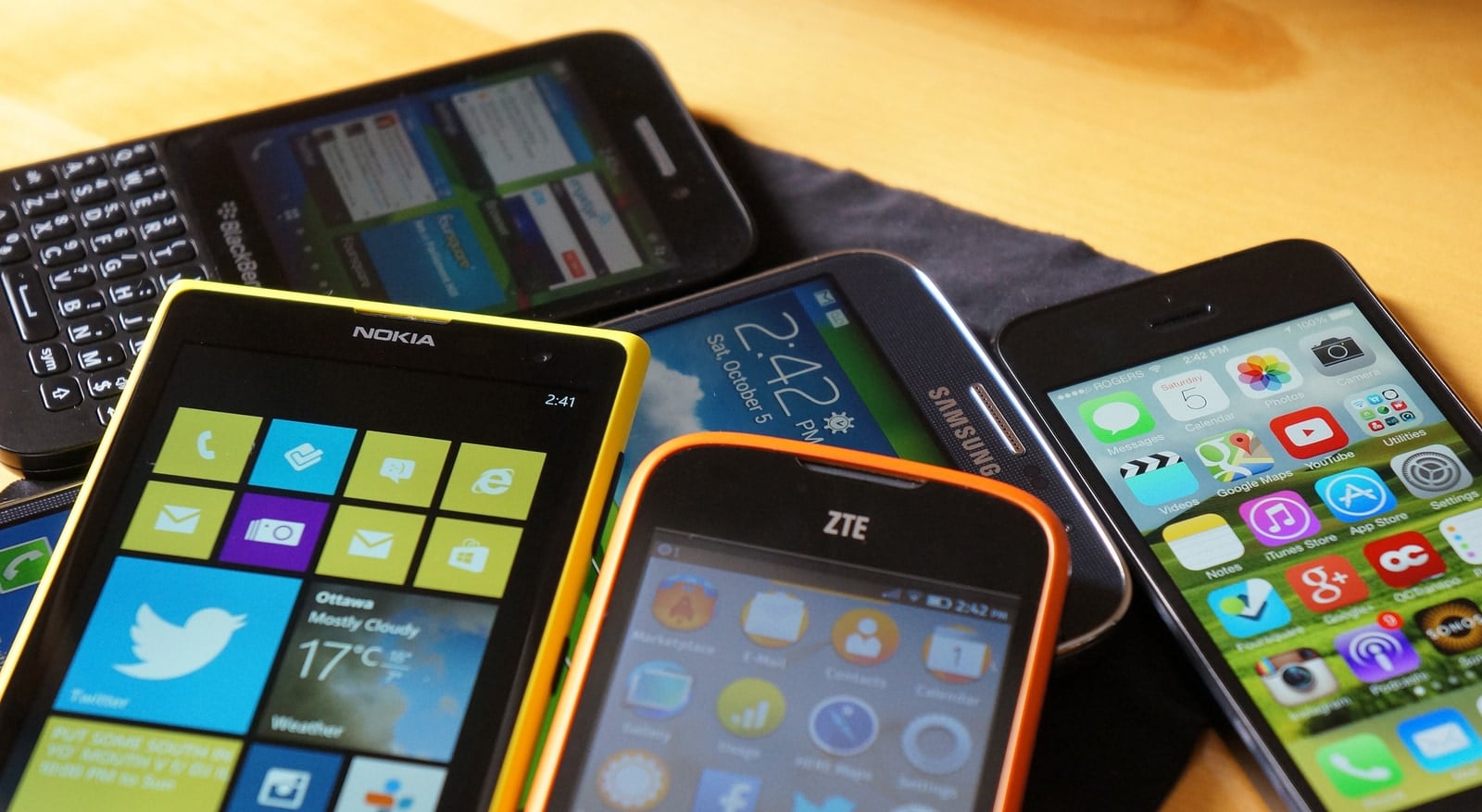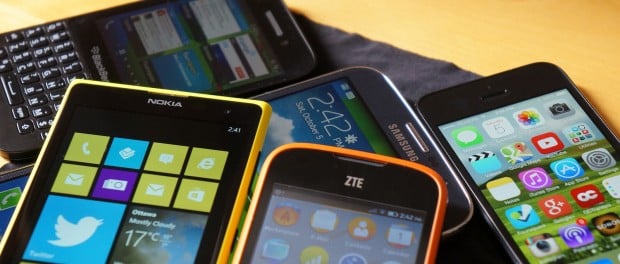What Do Declining Device Sales Mean for eBook Adoption? (Very Little)


The latest projections from the Gartner Grouppredict computer and mobile device sales to slow even further in 2016. But what does this mean for e-books and e-readers?
End-user sales are expected to rise just 1.9% over 2015, while the actual amount of money spent on devices is expected to decline for the first time since Gartner began tracking device sales in 2010. Gartner projects the total value of the gadget market at $667 billion, down half a percent from 2015.
The statistics show the market for expensive “ultramobile” PC products more than doubling from 2015 to 2018, while mobile phones see slow but steady growth, basic tablets hold more or less steady, and traditional desktop and notebook PC sales decline considerably. The decline in value while sales rise slightly is attributed to the rise of the sub-$50 tablet market, such as Amazon’s 7” Fire. Smartphone sales are moving away from premium devices and toward more basic handsets, due at least in part to emerging markets such as China.
That’s an interesting question, but the answer is obvious. (And to be fair, Chris reaches this conclusion, but I wanted to take a swing at it as well.)
The impact of slowing sales on ebook adoption will be negligible, and the declining market value will be a net positive.
The thing is, when it comes to ebook adoptions sales do not matter as much as ownership rates. With most ebook reading now happening on mobile devices rather than ereaders, it’s more important to know the number of people who have a mobile device rather than the number sold (a lot of sales are made to people who are replacing their existing device).
And according to Pew Research Center, 68% of American adults own a smartphone and 45% own a tablet. And since 86% of twenty-somethings own a smartphone and 50% own a tablet, that number is bound to increase over time.
And while the slowing sales don’t really matter, the declining market value could be a boon. That prediction suggests that mobile devices will continue to get cheaper, which means that the devices will be more affordable in the developing world. (Google’s Android One project gets some of the credit for that, I think.)
So all in all, this prediction could be a net positive. But it is still prognostication, so I would not read too much into it.
image by jfingas, clasesdeperiodismo, brizzle born and bred




Comments
Chris Meadows, Editor of Teleread January 21, 2016 um 3:14 pm
And you’re modest, too!
Nate Hoffelder January 21, 2016 um 3:29 pm
I am modest, yes. It’s one of my better traits, I am proud to say!
jjj January 21, 2016 um 10:25 pm
Too many mistakes here to go after each but yes the installed base is growing and with it the size of the addressable market.
Now,to be fair, the conversation here is about growth slowing in mobile and that would be true for ebooks too, same for ASP,less so for revenue.
Nate Hoffelder January 22, 2016 um 6:42 am
What’s wrong with the post?